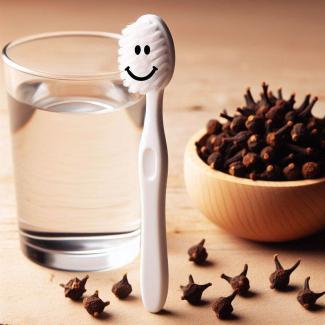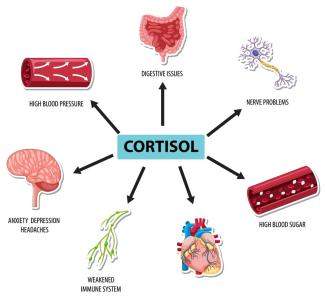
Clostridium difficile, often referred to as C. difficile or C. diff, is a bacterium that can cause diarrhea and more serious intestinal conditions, particularly in individuals who have taken antibiotics or have weakened immune systems. The primary treatment for C. difficile infection (CDI) is typically a course of antibiotics such as vancomycin or metronidazole, which are prescribed by a healthcare professional. However, some natural remedies and dietary choices may complement medical treatment or help prevent CDI. It's important to note that these natural remedies are not a substitute for medical treatment but may be used in conjunction with it. Always consult with a healthcare provider for proper diagnosis and treatment.
- Probiotics: Probiotic supplements or foods rich in beneficial bacteria like Lactobacillus and Bifidobacterium may help restore a healthy balance of gut flora. They can be taken alongside antibiotics to prevent C. difficile overgrowth. Examples of probiotic-rich foods include yogurt, kefir, sauerkraut, and kimchi.
- Prebiotics: Prebiotics are non-digestible dietary fibers that promote the growth of beneficial bacteria in the gut. Foods like garlic, onions, asparagus, and bananas contain prebiotics and can support gut health.
- Natural Antibacterial Agents: Certain natural compounds possess antibacterial properties. Some of these include:
- Garlic: Garlic contains allicin, a compound with antimicrobial properties.
- Manuka honey: Manuka honey has been shown to have antibacterial properties and can support overall gut health.
- Berberine: Berberine, found in plants like goldenseal and barberry, has antibacterial properties.
- Astringent Herbs: Astringent herbs like cinnamon and cranberry have been studied for their potential to inhibit C. difficile growth. They can be consumed as teas or incorporated into your diet.
- Hydration: Staying well-hydrated is essential, especially if you're experiencing diarrhea due to C. difficile infection. Dehydration can worsen symptoms and slow down recovery.
- Diet: Eating a balanced and nutritious diet can support your immune system and overall health. Focus on fiber-rich foods, fruits, and vegetables to maintain a healthy gut.
It's important to emphasize that while these natural remedies may provide some relief or support for those at risk of C. difficile infection, they should not be used as a sole treatment. CDI can be a serious condition, and antibiotics prescribed by a healthcare professional are often necessary to effectively treat the infection. If you suspect you have C. difficile or are experiencing symptoms, consult a healthcare provider for proper diagnosis and treatment.






